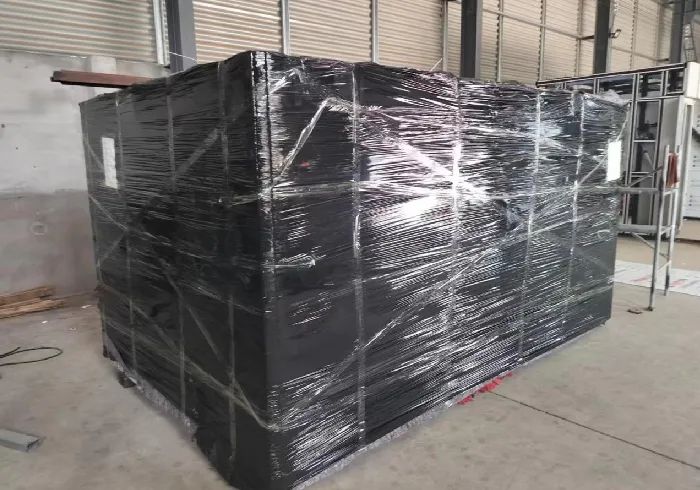Cost Analysis of Automatic Car Wash Systems and Their Efficiency Factors
Understanding the Costs of Automatic Car Wash Systems
In recent years, the demand for automatic car wash systems has surged, driven by convenience and efficiency. These systems not only offer a quick and thorough cleaning option but also cater to the busy lifestyles of modern consumers. However, one of the primary factors influencing the decision to invest in such a system is the associated cost.
The cost of automatic car wash systems can vary significantly based on several factors, including the type of system, size, features, and installation requirements
. Generally, there are three main types of automatic car wash systems in-bay automatic, tunnel wash, and self-service car washes.In-Bay Automatic Systems These systems are often found at gas stations and convenience stores. They typically range from $25,000 to $100,000, depending on the brand and features. The operation involves vehicles driving into a designated bay where the washing equipment operates. In-bay systems are ideal for businesses with limited space but may have slower throughput compared to tunnel washes.
Tunnel Wash Systems These are larger and generally more costly, ranging from $200,000 to over $500,000. Tunnel wash systems are designed for high-volume operations, allowing continuous flow through a series of washing stations. While the initial investment is higher, the potential for increased customer throughput and revenue can justify the cost.
automatic car wash systems cost

Self-Service Car Wash Systems These systems offer a different model, allowing customers to wash their vehicles themselves. The startup cost for a self-service car wash can be lower, typically ranging from $30,000 to $150,000. While the initial investment is smaller, owners must consider the maintenance costs and the need for regular supplies like soap and wax.
Beyond the initial purchase cost, operators should also account for installation expenses, which can vary based on site preparation and plumbing needs. Maintenance costs are another crucial factor; regular upkeep ensures the efficiency and longevity of the washing equipment.
Furthermore, it’s essential to consider operating costs, including water and electricity usage, as well as labor costs if employees are involved. Many modern systems are designed for water efficiency and may qualify for environmental incentives, which can offset some costs.
In conclusion, investing in an automatic car wash system requires a thorough understanding of the initial and ongoing costs involved. By carefully evaluating the needs of the business and potential customer demand, operators can choose the best system that aligns with their budget and operational goals, ensuring profitability in the competitive car washing industry.




